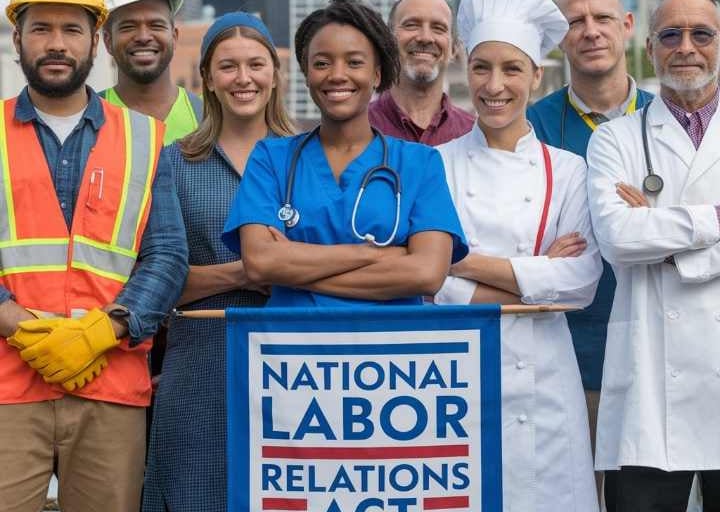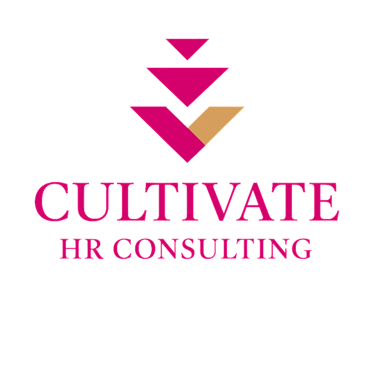Navigating the Complex World of Employee RIghts: What Every Business Needs to Know About the NLRA
EMPLOYMENT LAW
8/24/20243 min read
The National Labor Relations Act (NLRA) is a cornerstone of labor law in the United States, playing a crucial role in protecting the rights of employees and shaping the modern workplace. But what exactly does it protect, and why is it so important?
What Is the NLRA?
The NLRA, enacted in 1935, is a federal law that governs the relationship between employers, employees, and labor unions. It was established to protect the rights of employees to organize, form, join, or assist labor organizations, and to bargain collectively through representatives of their choosing. Additionally, the NLRA protects employees' rights to engage in other concerted activities for mutual aid or protection, as well as the right to refrain from such activities.
Key Protections Under the NLRA
Right to Organize: Employees have the right to form or join a union without fear of retaliation from their employer. This includes the right to distribute union literature, hold meetings, and discuss union matters during non-working hours.
Collective Bargaining: One of the most significant protections under the NLRA is the right to collectively bargain with employers. This means employees can negotiate wages, hours, and other terms and conditions of employment as a group, rather than individually.
Protection Against Unfair Labor Practices: The NLRA prohibits employers from engaging in unfair labor practices, such as interfering with, restraining, or coercing employees in the exercise of their rights. It also prevents employers from discriminating against employees for their union activities or involvement in other protected concerted activities.
Concerted Activities: Even in workplaces without unions, the NLRA protects employees' rights to engage in concerted activities aimed at improving working conditions. This includes actions like discussing wages or working conditions with coworkers, or bringing group complaints to the attention of management.
Which Employers Does The NLRA Apply To?
The NLRA covers virtually all private sector employers regardless of the number of employees but specifically excludes: agricultural laborers; domestic servants, individuals employed by their parent or spouse, independent contractors, supervisors, employees covered by the Railway Labor Act (which covers all rail and air carriers and certain enterprises owned or controlled by those carriers), and individuals working for federal, state, or local governments.
National Labor Relations Board (NLRB)
The NLRB's primary mission is to protect employees' rights to organize and to determine whether to have unions as their bargaining representative. The NLRB also acts to prevent and remedy unfair labor practices committed by private-sector employers and unions. Key functions of the NLRB include facilitating collective bargaining, conducting union elections, investigating unfair labor practices, issuing decisions and orders, and providing educational and outreach efforts.
Why Is the NLRA Still Relevant Today?
In today's complex work environment, the protections offered by the NLRA are as important as ever. Whether it's ensuring that employees can voice their concerns without fear of retaliation, or enabling collective bargaining to improve workplace conditions, the NLRA remains a critical tool for maintaining fair and equitable workplaces.
The NLRA empowers employees to take an active role in shaping their working conditions, ensuring that their voices are heard. As we navigate ongoing changes in the workforce, understanding and upholding NLRA protections is essential for both employees and employers alike.
At Cultivate HR Consulting, we specialize in helping small and mid-sized businesses like yours navigate the complexities of labor laws, including the NLRA. From developing compliant employee handbooks to providing training on best practices for managing unionized and non-unionized workplaces, we’re here to support your business every step of the way.
If you want to ensure your business is compliant with the NLRA and other labor laws, or if you need assistance with any aspect of HR management, don't hesitate to reach out. Let’s work together to create a fair, equitable, and legally sound workplace for all.
Contact Cultivate HR Consulting today to learn how we can help you protect your business and empower your employees. Together, we can cultivate a better workplace.




